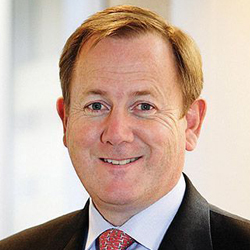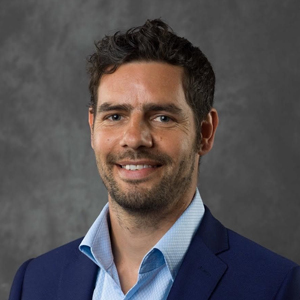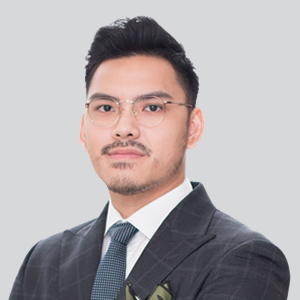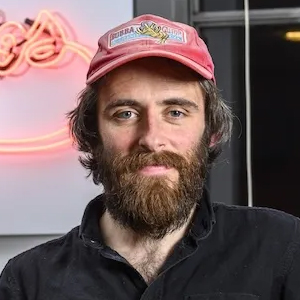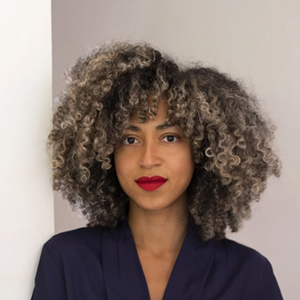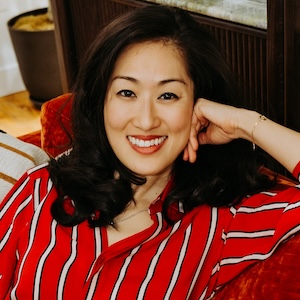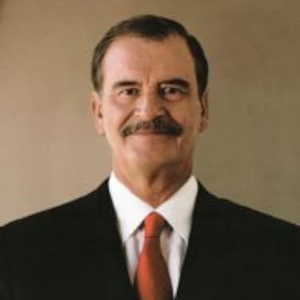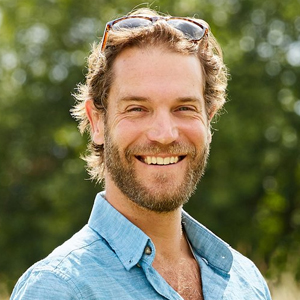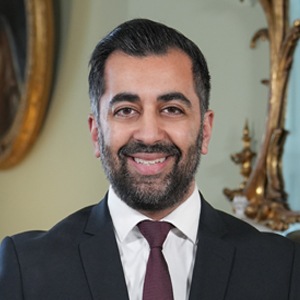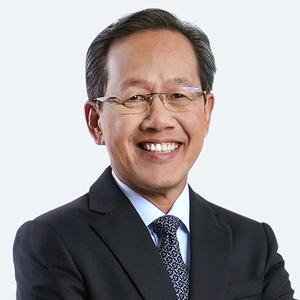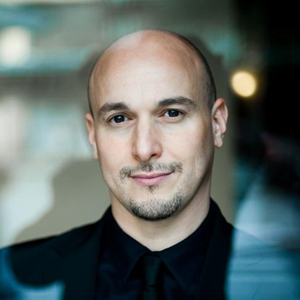Mark Dixon is one of Europe’s best-known entrepreneurs. He is the founder and Chief Executive of Regus Group, which he set up in 1989, and it is now the world’s largest provider of flexible workspaces. Currently at 1400 business centres in 100 countries, through constant innovation, Regus has created not just a new business model but an entirely new industry which continues to expand.
With hardly any starting capital, Mark had already launched, grown and sold a number of different businesses by the time he had a brainwave while sitting in a café in Brussels. It was then that he noticed how many business people were meeting around the small tables of local coffee shops, trying to find space to read or write and work throughout the noise of traffic. Regus was more or less an instant success, but within six months and for the next ensuing years, he tore up many business plans as he kept refining the model to take account of changes in customer behaviour, technological breakthroughs and changing attitudes to the use of property.
His company floated in October 2000 and was valued at £1.5bn. By mid-2001, the business was worth £2bn, with Mark’s 60% stake making him a sterling billionaire. Then the dotcom bubble burst, and as Regus’ US customer base evaporated almost overnight, million after million was wiped off the company’s share value. After reinventing the Regus business model once again, within a year, the business had turned round to such effect that they were able to buy out the No 2 player in the US.
Some of Regus’ clients include Google, Twitter, Pfizer and GSK which use Regus business centres, virtual offices and technical support, saving them money in fixed costs, reducing their carbon footprint by as much as 80% and making their mobile workforces more flexible and productive. The company now has a presence in over 100 countries and has reported a strong cash flow in 2012.
Winner of the awards Businessman of the Year and Entrepreneur of the Year, Mark also owns a diversified agricultural business. Within a few years of buying a Chateau and 1200 hectares of vineyards in Provence, it now produces two million bottles of high-quality rosé annually, plus olives and olive oil and also includes hotels, restaurants, tourism and forestry.
Mark Dixon can be relied upon to supply fresh experiences, refurbished business models and new insights into the way we live and work. He can explain how and why his company has constantly evolved over its 23 years of existence and is uniquely placed to provide insight into generational and cultural shifts and the business opportunities that arise out of them.
